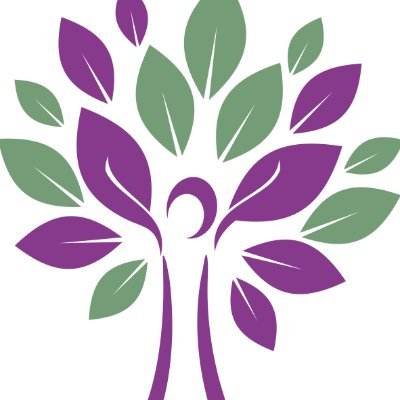from the Ontario Coalition of Rape Crisis Centres (OCRCC):
Last week, the Ontario government provided its responses to the recommendations of the CKW inquiry, which looked at three femicides that occurred in rural eastern Ontario: twenty-two of 30 recommendations were accepted or partly accepted, and eight were rejected.
Femicide affects different people in different ways across Canada. Preventing femicide means understanding what undermines safety for people experiencing violence. For example:
- The incidences that the CKW inquiry looked at occurred in rural eastern Ontario, where rural realities impact safety plans and options to escape violence
- Femicide particularly affects Indigenous women, girls and gender-diverse people. Last year, one man took the lives of four Indigenous women. In the aftermath of his arrest, Winnipeg police said that while they believe the remains of missing women are at a local landfill, it wouldn’t be feasible to search for them there, citing costs, health and safety issues. While these barriers may be a reality, the resistance to search for the missing victims devalues Indigenous bodies, and increases risk to Indigenous women, girls and gender-diverse people.
Ontario Coalition of Rape Crisis Centres (OCRCC) stands in solidarity with those affected by gender-based violence. Much work remains to prevent femicide.
Read OCRCC’s full response here

Comments are closed